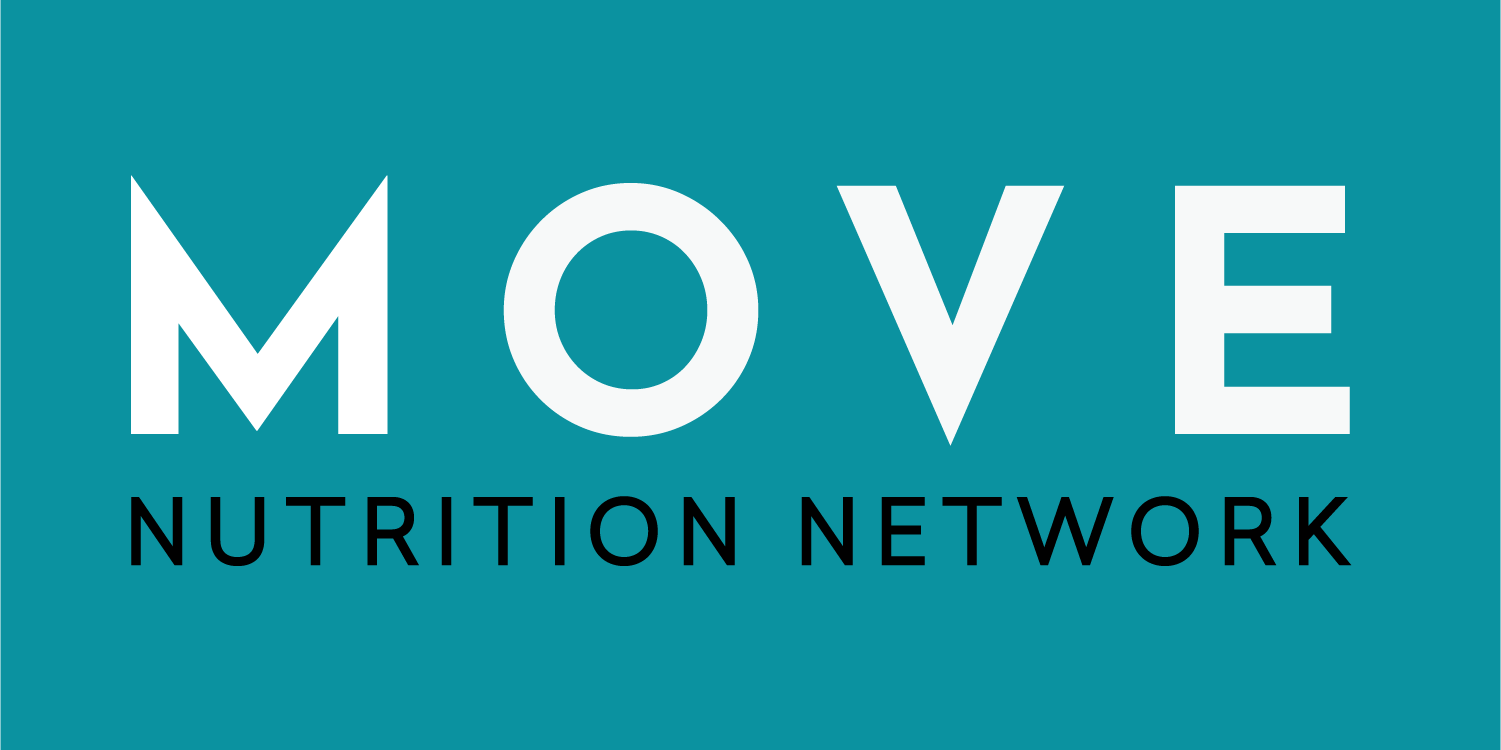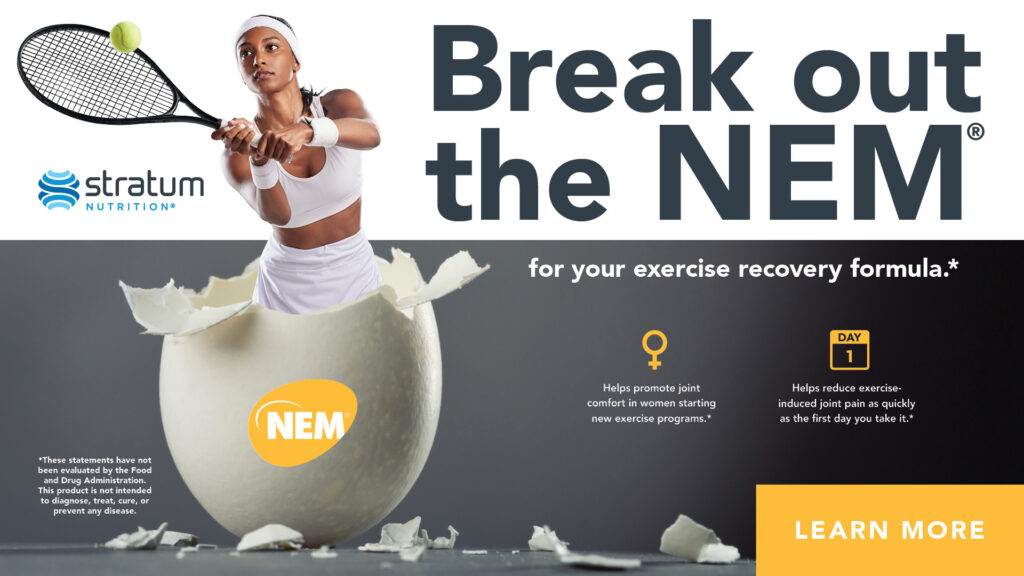Foods That Make You Go Fast.
Foods That Make You Go Slow.
A Conversation With
Jen Dieter
USA Weightlifting Masters World Record Holder & 8x Crossfit Masters Competitor
Jen Dieter has been active her entire life, but in her thirties, fitness began to take a backseat to kids, career and life in general. A familiar story about getting older and approaching that period of life when many settle into the idea of “settling,” but at 38, her story took a turn and she hasn’t looked back.
We talked to Jen about finding strength in her forties, food’s important role in performance, sports nutrition for women, and more.
Abreviated interview follows. You can watch the full interview below.
ON GETTING STRONGER
Todd (Move Nutrition): So, what changed for you in terms of transitioning into the Crossfit athlete you are today?
Jen: I used to think “my fitness level is my fitness level.” I wasn’t an athlete anymore. I was an ex-athlete. I was not fat, but I wasn’t fit either. So I was like, Well, I am what I am.
When I was 38 years old, I got back into heavy duty athletics by doing CrossFit. I became cleaner with my eating instead of eating all my kid’s leftover chicken nuggets. It was like, okay, maybe I shouldn’t eat all their leftover food and instead start eating more lean proteins and vegetables and that sort of thing and be a little bit healthier.
I was stronger and faster than I had ever been at the age of 40. I just kept getting stronger and better and faster when it comes to CrossFit. And I think that a really well-rounded regimen of training and then eating well made a big difference for me.
PERSONALIZING NUTRITION
Jen: At some point in that first couple of years of CrossFit, I met with a functional medicine doctor and we did a blood test. I wanted to make sure I was eating all of the things that I should be eating and getting all of the things that I should be getting in order to make me perform as well as possible.
Todd: How accessible is that? Because I think having a road map and knowing exactly where you’re deficient takes so much of the guesswork out of it. And pair that with the fact that at 40 you were stronger than you’d ever been. So is that a plan? Is that a first step for someone?
Jen: Yeah, absolutely. That’s what helped direct me and it gave me a little bit more motivation behind why I should eat the healthy things.
FOOD PHILOSOPHY
Jen: You know, I have the three children and when they were younger, because I’ve been introduced to so much about nutrition and performance and even eating disorders, I tried to be very careful. I came up with the phrase, “You either eat foods that make you go or foods that make you slow.” I didn’t want to say that foods were bad or foods were good. I didn’t want them to develop that relationship with food.
ADVICE TO PT CLIENTS
Todd: So you’re also a physical therapist. You work with clients every day. How does this translate into their questions about sports nutrition? This topic has to come up, I imagine.
Jen: Yes, it definitely does. I would say on any given day a few people are asking me some kind of tip or question about nutrition and how I can help them. So what do you say? It depends if they’re coming to me to try to improve their performance. That’s one conversation. If they’re coming to me because they have pain, that’s another conversation. So we go into the pain or injury sort of thing first. Then I’m usually talking to them about trying to have some kind of anti-inflammatory diet.
When it comes to nutrition, weight loss, trying to get fit or trying to get lean, then we may have the conversation about what lean proteins look like. There’s also research that supports the fact that as women age, we need to make sure that we’re still getting enough protein and it’s a balance obviously, you don’t want to take too much, but a lot of women think, “Oh, I shouldn’t eat that much, I need to decrease my calories so I don’t gain weight”, but then your metabolism slows and it’s this big mess. So making sure that you’re getting the right amount of calories and then the right balance of proteins to fat to carbs is definitely a big deal as well.
IMPORTANCE OF STRENGTH
Jen: You can’t just jump on a treadmill or do an elliptical and expect to get really good results when it comes to either weight loss or getting more fit or getting more lean. It boils down to doing weight training.
Todd: And especially as we age, right? Being strong heading into your fifties seems to be on a lot of people’s minds lately, and that’s encouraging because I didn’t used to hear that.
Jen: Absolutely. One of my best friends is my neighbor. She’s a OBGYN. And so I’ve dragged her into my CrossFit and weight training world, but now she’s found some research to support it, so she feels comfortable talking to her patients as they’re hitting menopause and saying, “Hey, you know, the secret is you have to do weight training.”
That’s the best thing in order to try to keep that longevity or that sensation of longevity when it comes to bone mass and muscle mass and everything else.
PERFORMANCE ATHLETES
Todd: What about performance athletes that come to you. What advice do you give them when the goal is more about excelling and getting better?
Jen: I think a lot of times two things. One, I think people don’t eat enough, so they’re at a deficit. So they are never at that high performance level. Or, they’re getting the right balance of proteins and carbs and fats, but the quality of their food is missing.
WOMEN’S NUTRITION
Todd: What about women’s nutrition advice specifically?
Jen: I think it’s important to take a really close look at sugar and alcohol. I think that those are one of the things in my group of athlete friends and work friends. I think that especially as we age as females and with hormonal cycles and that sort of thing, I think that sugar and alcohol can definitely contribute to why people feel less successful with what they’re eating or how we’re looking and feeling and that sort of thing. I think that trying to find substitutes or foods with a lower glycemic index are going to be important in order to feel better. Like with my kids when they were younger, foods that make you go, foods that make you slow.
SPORTS NUTRITION RESEARCH
Todd: In terms of the sports nutrition industry and talking about women in particular, where do you think the sports nutrition industry is right now?
Jen: I think a lot of research that has been done on professional athletes, which you know that most of the attention goes to men when it comes to performance athletes, and then women. We’re just an add on to that. So I’m really excited that there’s more research going into women and sports performance and making sure that it’s it’s created individually. And I think that to me, the bigger thing is that it’s not necessarily so much all women or all men, but making sure that it’s individual. I feel like the trends are definitely changing for the better because they’re becoming a little bit more individualized when it comes to sports performance and nutrition. And people are understanding that there are differences in men and women and then, you know, within specific sports as well, I think that that’s a really big deal.
Subscribe for additional Move Nutrition Quarterly content like research updates, market insights, and more.

